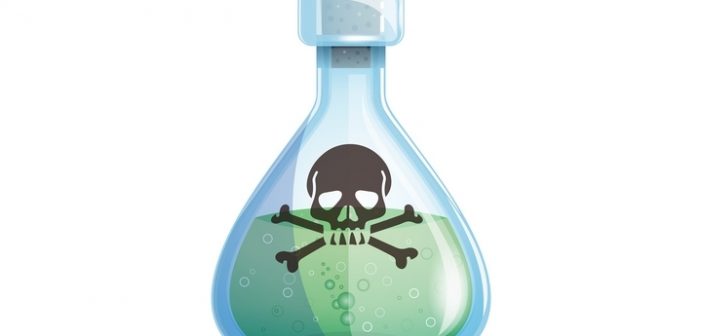Liquid waste management sounds messy because it is. It requires capital investment, skilled personnel, and coordination between different departments and organizations. It is also crucial that it is done properly if we are going to live together successfully while avoiding health and environmental problems. If your company produces liquid waste, it is your duty and responsibility to understand how to deal with it and to ensure that it is done in a safe and legal way.
1. What is liquid waste?
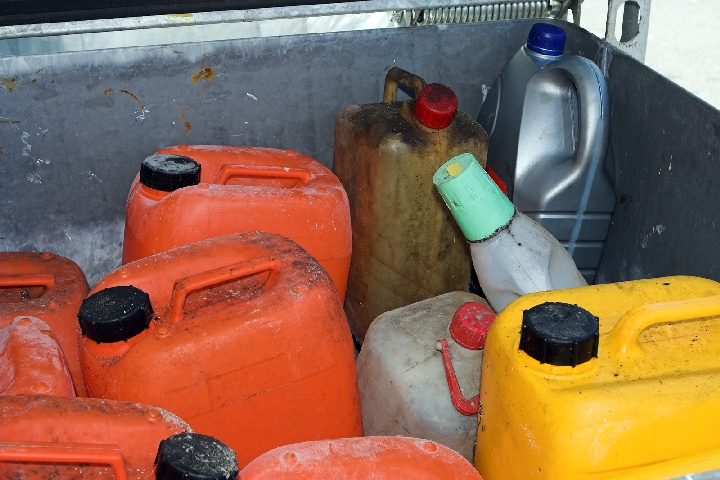
Broadly defined, liquid waste is any form of liquid residue that is dangerous to people or could cause harm to the environment. It can be pure liquid or consist of bulk and sludge. Regardless of the composition, most of it comes from restaurants, cars, homes, any facility that includes washing machines or laboratories, or industrial buildings that utilize tank-clearing operations.
2. How dangerous it is?
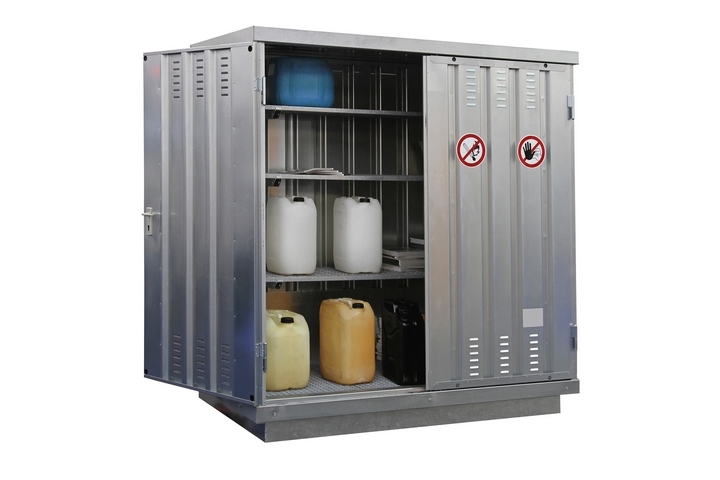
Although not always particularly harmful if exposed in small quantities, the most dangerous liquid waste is found in chemical waste, such as formaldehyde, alcohols, corrosive substances (acids and caustics), contaminated soil or quarantine waste. Unlike the waste that comes from restaurants and homes, these chemicals can cause serious and long-term problems.
When inks and dyes end up in local rivers, for example, the people and surrounding environment can become sick or even fatally ill. Unfortunately, most chemical factories close to bodies of water, are very likely to contaminate it, even if the company doesn’t dump the residues directly into the water.
3. Does it have to be done by a professional?
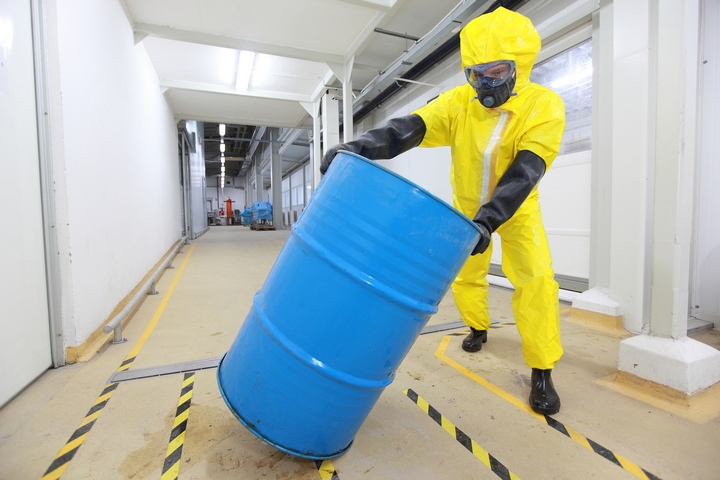
The fact that liquid waste is so hard to contain is why it is so important to enlist the help of professional when dealing with it. If you run a company which is truly committed to preventing any further damage to the environment of the population around your location, you’d be well advised to consider hiring a liquid waste disposal professional. They are able to clean septic tanks, grease traps and oily waters, ensuring that your wastes are disposed of without leaving behind any sort of hazardous materials that can mix with everyday water use.
4. Expect to see a thoroughly conducted analysis
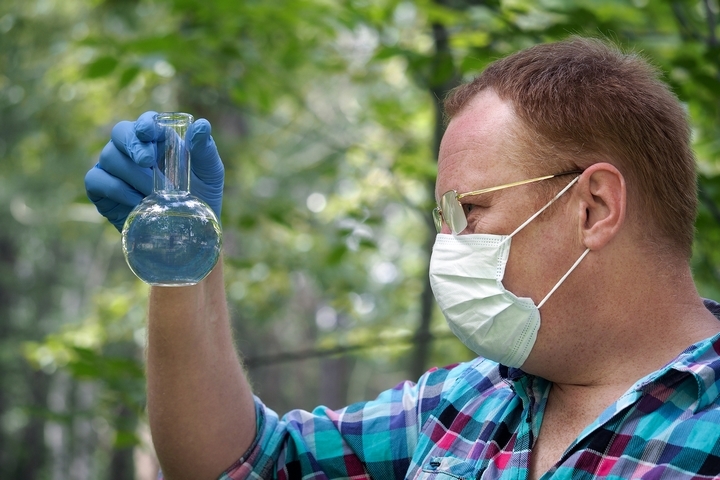
In order to understand the types of services you require, your disposal service provider should conduct an in-depth analysis before presenting you with a contract or agreeing to any terms of cooperation. A good liquid waste disposal company will always conduct an on-site waste stream analysis at the beginning of your cooperation and you should be wary of anyone who is willing to present you with an offer before this process is complete. Following this, they should be able to provide you with the results and explain the various waste constituents that your operation contains, so that you understand what you are paying them for.
5. It’s your responsibility to know where the waste will end up
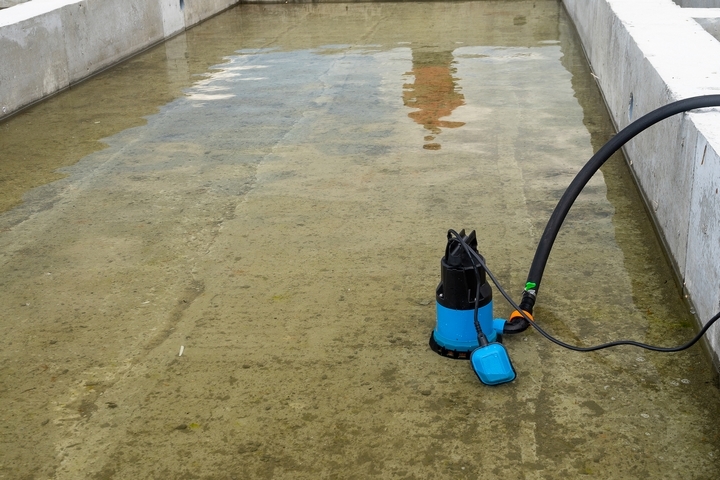
You are responsible for the full lifecycle of the waste that your company produces. For this reason, it is critical that you deal only with a qualified removal service who can provide you with proper certification and qualification in order to ensure that you won’t be facing problems down the road.
If the disposal company is being shady about the details, you should absolutely ask to see reports detailing their record and providing concrete information. Don’t hesitate to ask questions and continue pushing for details until you are satisfied that you have a complete understanding of the process, from start to finish. At the end of the day, you’re the one who is accountable for where the waste ends up.

